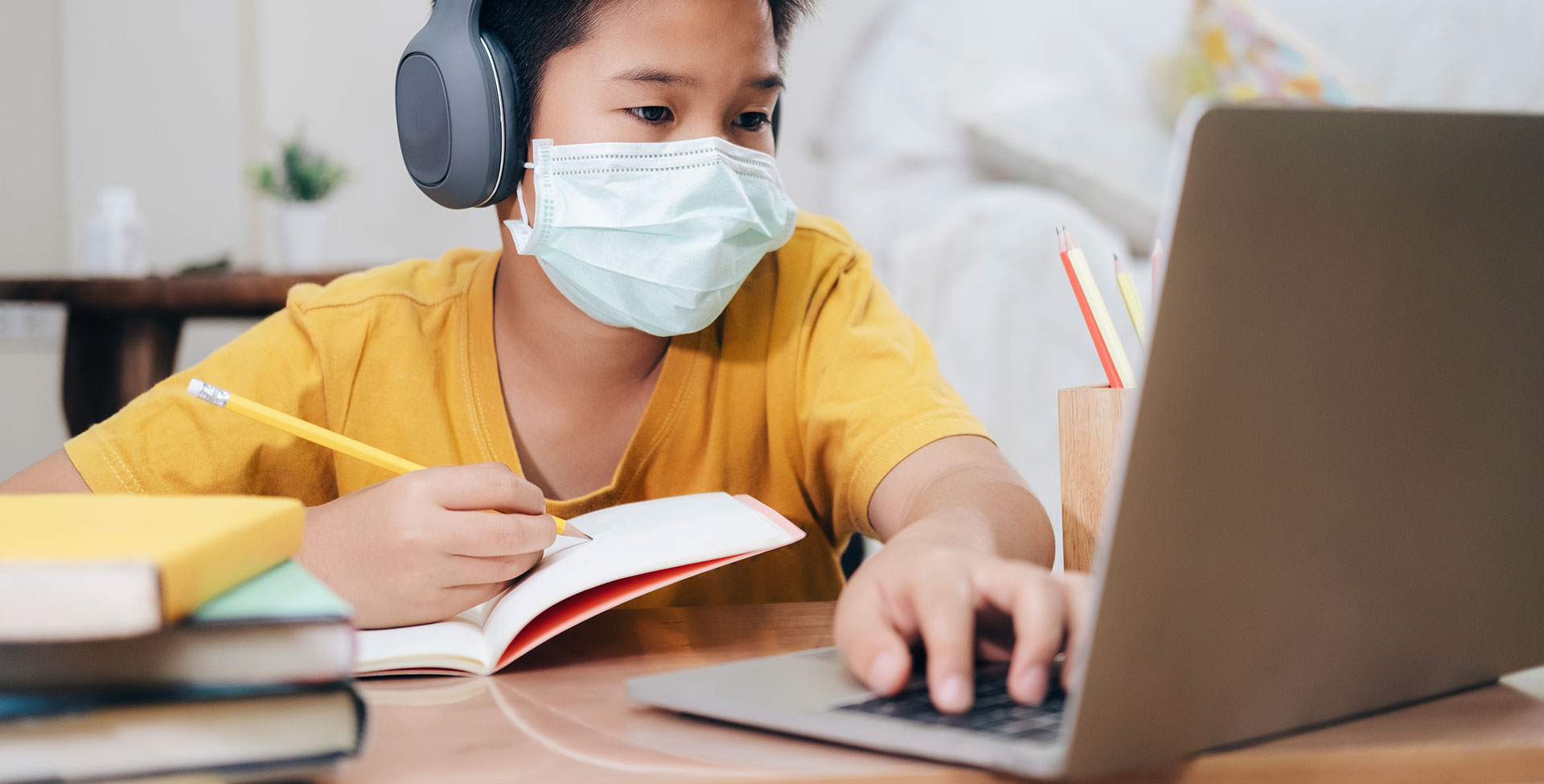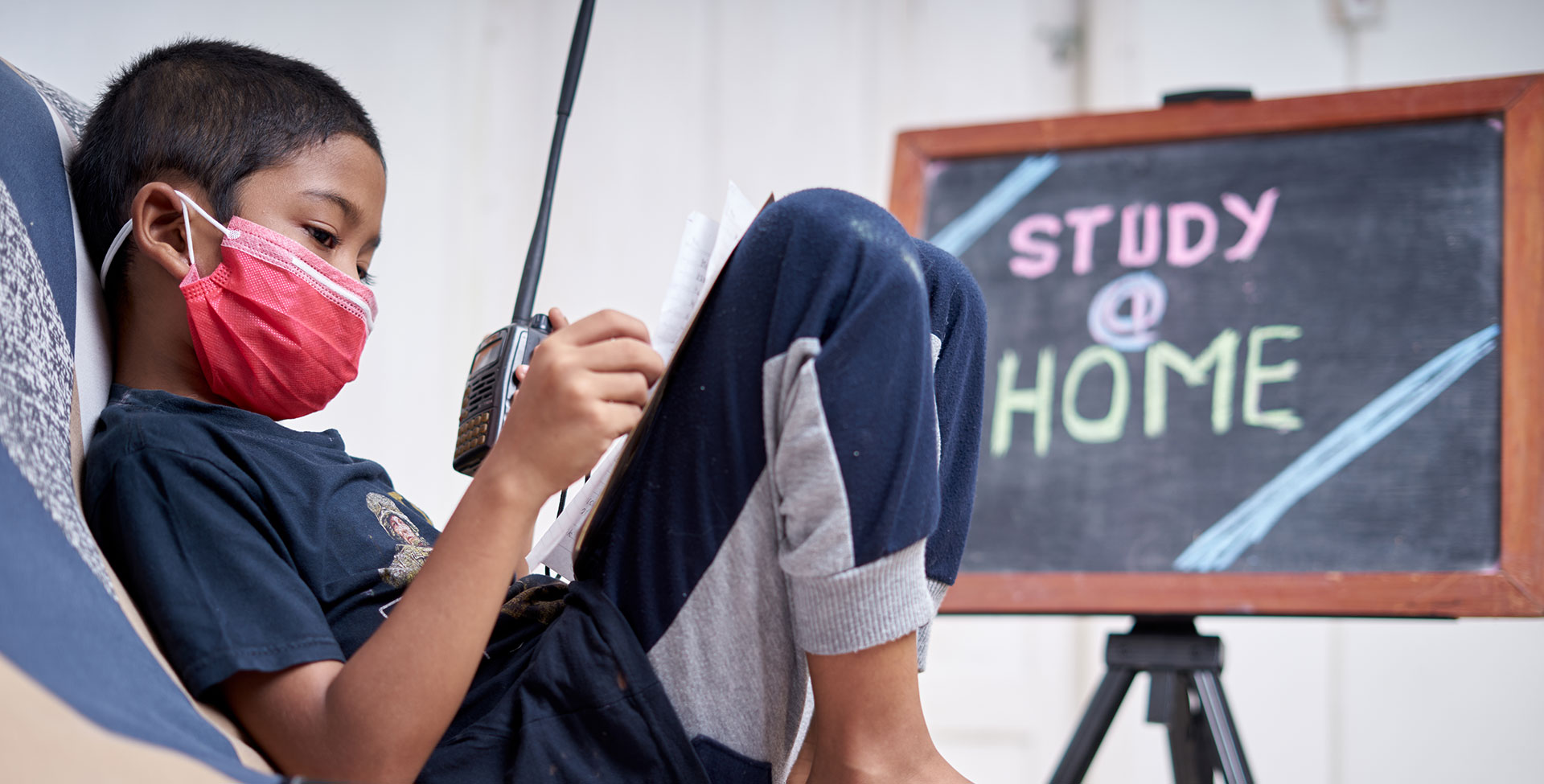Covid-19 is having a dramatic impact on the way we conduct evaluations and design strategies. Going virtual might be an understandable methodological option. We however realize how inappropriate the « virtual only » can be for consultancy: fatigue of distance meetings, failures of IT-connections, loose interactivity.
Accommodating for social distancing:
We are committed to provide fit-for-purpose assistance for quality consultancy

Challenges are numerous at a time of social distancing:
- How to understand context-specific settings without meeting people on site?
- How to get in touch with communities deprived of any IT tool?
- How to enjoy informal relations and serendipity of presential events?
- How to collect culturally or politically-sensitive information such as gender, human rights or sustainable development? How to reach out communities at risks?
- How to keep momentum at a time of home-based working?

We optimize our assets:
We have gained experience that is today instrumental to overcome challenges resulting from social distancing.
- We have a long-lasting working experience in cooperation with stakeholders facing precarious conditions (political instability, economic crisis, heath emergency) and with vulnerable communities (ethnic minorities, refugees, deprived families), that require customization of data collection tools and methods.
- We have conducted multi-country assignments with geographically dispersed consultancy teams.
- Agility, versatility and experimentation have therefore shaped our methodological
approach,
as presented below:
- Appropriate organization to keep meetings focused and energized (e.g. using "seating charts" to visualize a mental picture of the) and minimize technological friction.
- Coaching of local informants in self-evaluation, complementing our distance evaluations.
- Continuous professional development swith evaluation societies, think tanks, NGO-platforms and accreditation bodies.
- Identification of risks and remediation to anticipate pitfalls, bias and safeguard quality of work;
- Good command of software for voting, accommodating to IT-deprived locations (Plickers, VotAr, Mentimeter…).
- Job-shadowing with peers.
- Good command of e-learning programmes, risks and conditions for quality online learning.
- Agility in adapting our methods to informants in differing financial, legal and political settings.

Our recent references include:
- Design Theory of change using Kanban-like methodology and Info-graphics with Nepalese NGOs (Kanban method is a means to design, manage, and improve flow systems for knowledge work) and the Scouting Movement.
- Online stakeholder survey of Unesco country offices, under our supervision and quality control.
- Mixed online survey and phone survey with 350 NGOs voicing citizens’ interest at the Council of Europe.
- Digital story telling with South-East Asian higher education students.
- Job shadowing with local consultants in Afghanistan and peer-reviewing under our on- live supervision in areas undergoing terrorist threats (Sub-Sahara) through WhatsApp.
- Doodle polls during ASEAN-student mobility conference.
- Cybermetric data collection for the evaluation of UNFPA support to census in developing countries.
- Extended desk reviews in Bangladesh, Belarus, Brazil, Cameroon, Indonesia, Iraq and Rwanda, featuring country-specific experiences on the census operation (UNFPA).
- Online colored voting for university associations invited to prioritize variables and co-build strategies.
- Virtual benchmarking with interactive whiteboards such as Google Jamboard (Erasmus + Agency, France).
- Webcam-recorded keynote speech on learning outcomes design (Tunisia).
- Virtual focus groups in Africa, Latin America, Middle-East and Asia-Pacific with teachers, with support from our quick collaboration tips and multilingual video-tutorials.
- Tracking of 500 students via social media tools across the 10 members of ASEAN.
- Quality-trained local consultant to carry out interviews in remote communities in Nepal.
- Cellphone interviews with 80 women and parents’ associations and Civil Society organizations dispersed in remote areas in Sahara (Mali, Burkina-Faso, Niger…).

